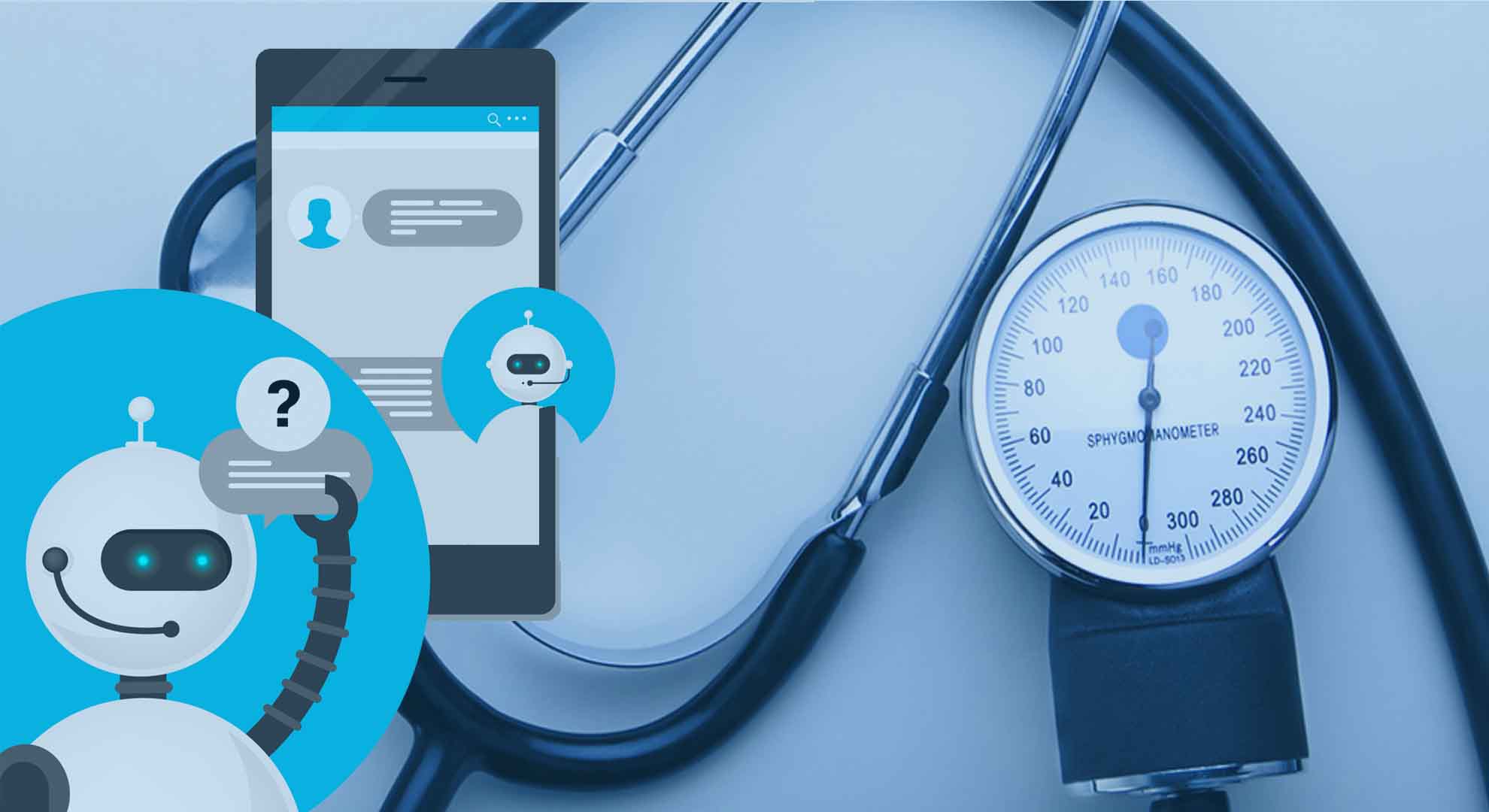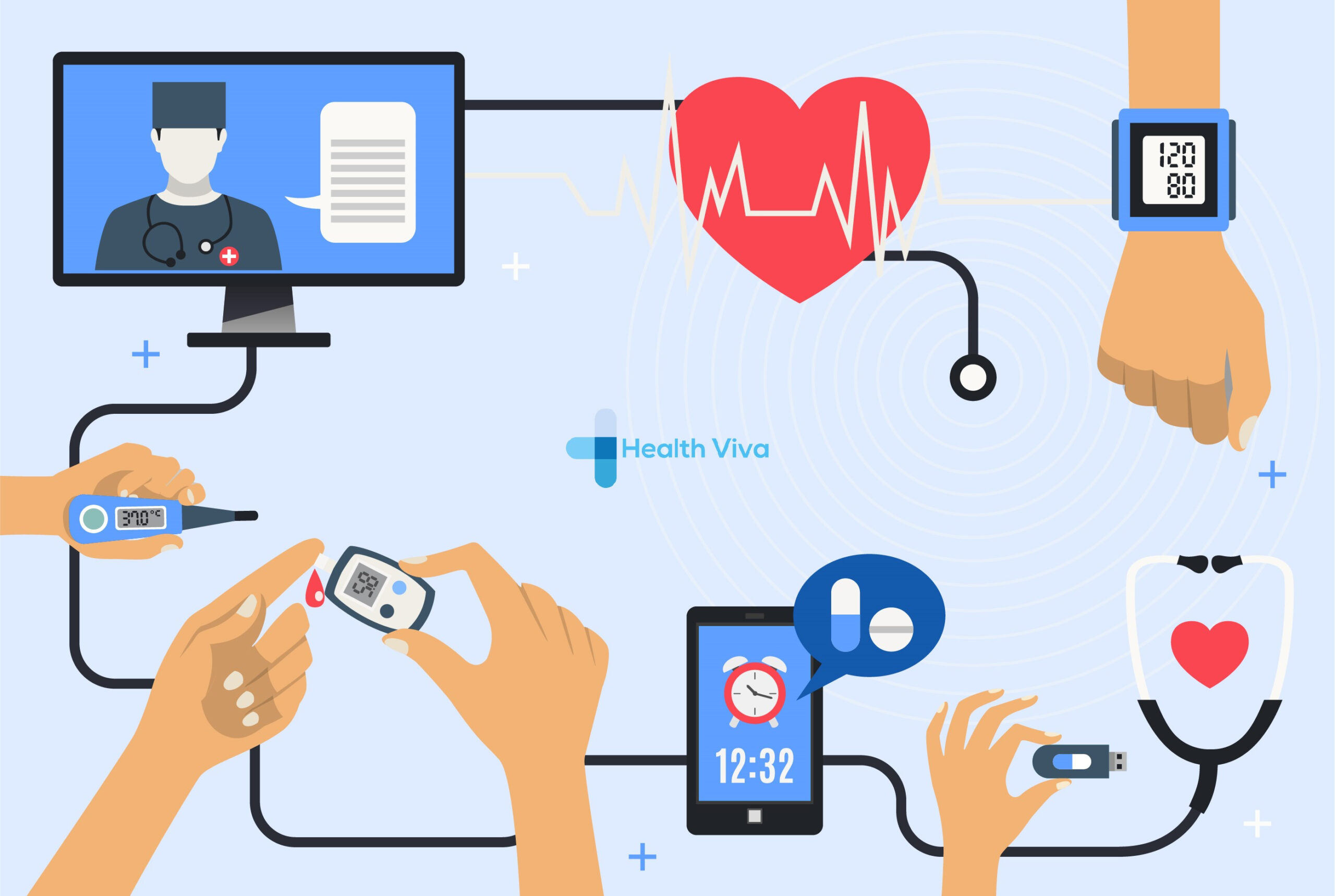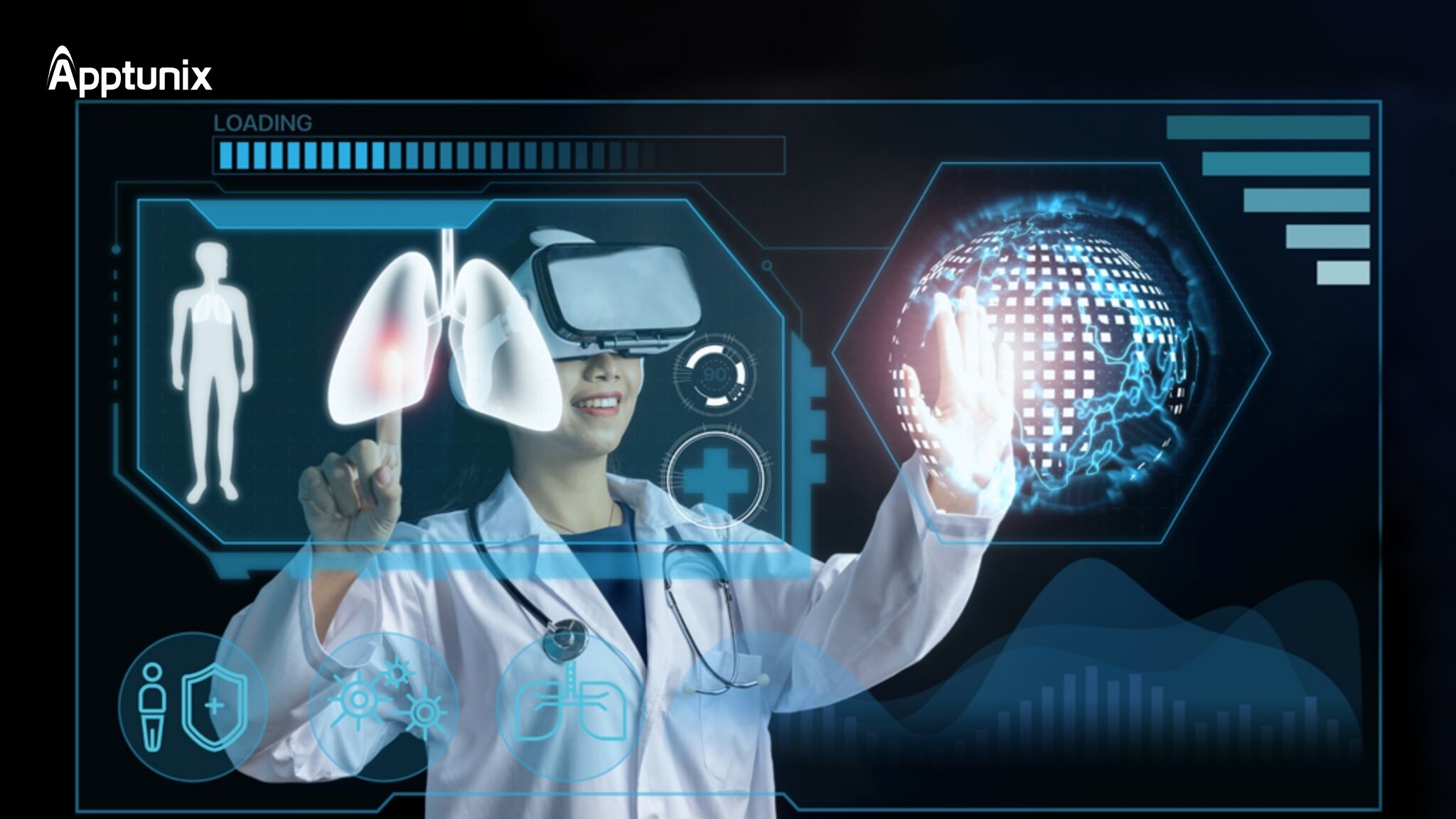
Picture this: you’re feeling under the weather at 11 PM, and your regular doctor’s office is closed. You need medical advice, but the thought of waiting hours in an emergency room feels overwhelming. This scenario plays out millions of times across America, highlighting a critical gap in healthcare access.
According to recent data, 66% of consumers who have used gen AI to reduce extended wait times for doctor’s appointments and lower individual health care costs. This isn’t just wishful thinking – it’s becoming reality as intelligent systems revolutionize how we access medical care.
Traditional methods of finding medical care often involve long wait times, limited availability, and frustrating phone calls that lead nowhere. However, technology is changing this landscape dramatically. AI chatbots for healthcare are emerging as game-changers, offering instant connections between patients and medical professionals.
 How AI Chatbots Are Changing Healthcare Access
How AI Chatbots Are Changing Healthcare Access
The traditional healthcare system often feels like a maze that’s designed to frustrate patients rather than help them. You call your doctor’s office, get put on hold, then discover the earliest appointment is weeks away. This outdated approach doesn’t work for people who need immediate medical guidance or those trying to establish care with a new provider.
Breaking Down Traditional Barriers
AI healthcare solutions are dismantling these barriers by providing 24/7 access to medical guidance. These intelligent systems don’t sleep, take lunch breaks, or put you on hold for thirty minutes. They’re available whenever you need them, offering immediate responses to health questions and connecting you with appropriate medical professionals.
When you’re searching for a doctor’s office near me, you want care that’s not only easy to find but also trusted, community-based, and patient-focused. While AI chatbots can help streamline the search process, many people still value the reliability and personal connection offered by traditional medical practices. Providers like Oak Street Health bridge this gap by offering accessible, in-person care with a commitment to long-term patient relationships—supported by technology, but grounded in real human touch.
The Speed Factor
Speed matters in healthcare, especially when you’re dealing with urgent symptoms or trying to prevent a minor issue from becoming a major problem. AI chatbots can process your symptoms, medical history, and preferences in seconds, then provide appropriate recommendations or connect you with available healthcare providers.
This technology transforms the patient experience from reactive to proactive. Instead of waiting until you’re desperate for care, you can easily find doctors online through intelligent systems that understand your needs and preferences.
Real-Time Doctor Matching Technology
The magic behind real-time doctor search lies in sophisticated algorithms that consider multiple factors simultaneously. These systems don’t just match you with any available doctor – they find the right doctor for your specific situation.
Advanced Matching Algorithms
Modern AI systems analyze your symptoms, medical history, insurance coverage, location preferences, and even your schedule to find the best possible match. They consider factors like:
The doctor’s specialization and experience with your specific condition. Their availability for appointments, including same-day options. Location convenience and whether they accept your insurance. Patient reviews and satisfaction ratings to ensure quality care.
Integration with Healthcare Networks
Chatbot medical assistance works best when it’s integrated with existing healthcare networks. Many health systems now use AI chatbots that connect directly with their scheduling systems, allowing for seamless appointment booking and real-time updates on provider availability.
This integration means you’re not just getting generic recommendations – you’re accessing actual appointment slots and connecting with providers who are genuinely available to see you.
 The Technology Behind Instant Medical Connections
The Technology Behind Instant Medical Connections
Understanding how these systems work helps you appreciate their capabilities and limitations. AI chatbots use natural language processing to understand your questions and concerns, then apply machine learning algorithms to provide relevant recommendations.
Natural Language Processing in Healthcare
These systems can understand complex medical terminology and translate between technical language and everyday speech. When you describe your symptoms in your own words, the AI can interpret what you mean and ask appropriate follow-up questions to gather more information.
This technology is particularly valuable for people who struggle to describe their symptoms or aren’t sure what type of specialist they need. The AI can guide you through the process, asking relevant questions to narrow down your needs.
Machine Learning for Better Matches
The more people use these systems, the smarter they become. Machine learning algorithms analyze successful matches and patient outcomes to continuously improve their recommendations. This means the technology gets better at understanding what makes a good doctor-patient match over time.
Benefits for Patients and Healthcare Providers
The advantages of AI-powered healthcare access extend beyond convenience. These systems create value for both patients seeking care and healthcare providers managing their practices.
Patient Advantages
For patients, the primary benefit is immediate access to healthcare guidance without the traditional barriers. You can get help at any hour, receive personalized recommendations, and often schedule appointments without playing phone tag with medical offices.
The technology also helps you make more informed decisions about your care. Instead of choosing a doctor based on limited information, AI systems can provide comprehensive profiles including specializations, patient reviews, and availability.
Provider Benefits
Healthcare providers benefit from more efficient patient matching and reduced administrative burden. When patients arrive at their offices, they’re more likely to be appropriate matches for the provider’s expertise and available services.
This improved matching reduces wasted time and resources while ensuring patients receive more targeted, effective care. Providers can focus on what they do best – treating patients – rather than managing complex scheduling and referral processes.
Overcoming Trust and Adoption Challenges
Despite the clear benefits, many patients remain skeptical about using AI for healthcare decisions. This hesitation is understandable given the personal nature of medical care and the importance of accuracy in health-related recommendations.
Building Patient Confidence
Trust develops through transparency and proven results. The best AI healthcare systems are clear about their capabilities and limitations, always emphasizing that they supplement rather than replace human medical expertise.
Many systems now include features like provider credentials, patient reviews, and clear explanations of how recommendations are made. This transparency helps patients feel more comfortable using AI tools for healthcare decisions.
Addressing Common Concerns
Common concerns include accuracy, privacy, and the fear of losing human connection in healthcare. Modern AI systems address these through rigorous testing, strict privacy protocols, and designs that facilitate rather than replace human interaction.
The goal isn’t to eliminate human doctors but to connect patients with the right human doctors more efficiently and effectively.
Future Developments in AI Healthcare Access
The technology continues evolving rapidly, with new capabilities emerging regularly. Future developments promise even more sophisticated matching algorithms, better integration with healthcare systems, and more personalized recommendations.
Emerging Technologies
Voice-activated AI assistants, advanced symptom analysis, and predictive health modeling are just a few of the technologies being integrated into healthcare access systems. These advances will make it even easier to find appropriate medical care quickly.
Integration with Wearable Devices
As wearable health technology becomes more sophisticated, AI chatbots will have access to more comprehensive health data. This information will enable more accurate recommendations and better matching between patients and providers.
The Future of Healthcare is Here
The transformation of healthcare access through AI technology represents more than just technological advancement – it’s a fundamental shift toward patient-centered care. These systems don’t just make healthcare more convenient; they make it more accessible, affordable, and effective for everyone involved.
As this technology continues evolving, we can expect even more sophisticated features that better serve both patients and providers. The future of healthcare access is already here, and it’s powered by intelligent systems that understand your needs and connect you with the right care at the right time.
 Common Questions About AI Healthcare Access
Common Questions About AI Healthcare Access
How accurate are AI chatbots in recommending doctors?
AI systems achieve high accuracy by analyzing multiple data points including symptoms, medical history, provider specializations, and patient reviews to make informed recommendations.
Can AI chatbots replace my regular doctor?
No, AI chatbots are designed to help you find and connect with human doctors, not replace them. They serve as intelligent assistants in healthcare navigation.
Are my health conversations with AI chatbots private?
Reputable AI healthcare systems use advanced encryption and follow strict privacy protocols to protect your personal health information and conversations.
How do AI chatbots handle emergency situations?
Most AI systems are programmed to recognize emergency symptoms and immediately direct users to call 911 or visit the nearest emergency room.
What happens if the AI recommends the wrong type of doctor?
AI systems continuously learn from feedback and outcomes. Most include easy ways to refine recommendations or speak with human support when needed.

 How AI Chatbots Are Changing Healthcare Access
How AI Chatbots Are Changing Healthcare Access The Technology Behind Instant Medical Connections
The Technology Behind Instant Medical Connections Common Questions About AI Healthcare Access
Common Questions About AI Healthcare Access



